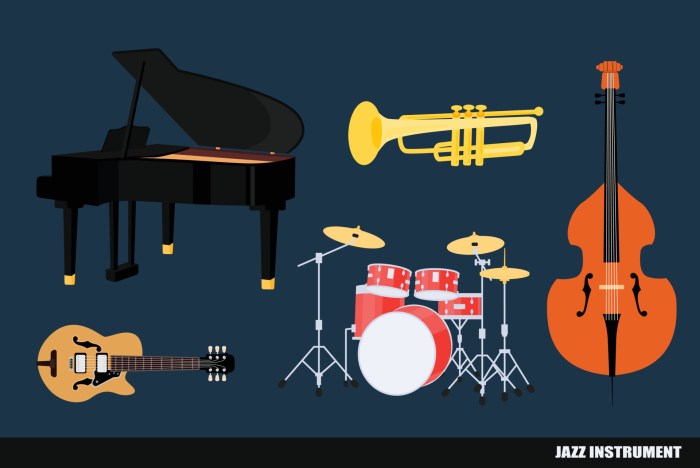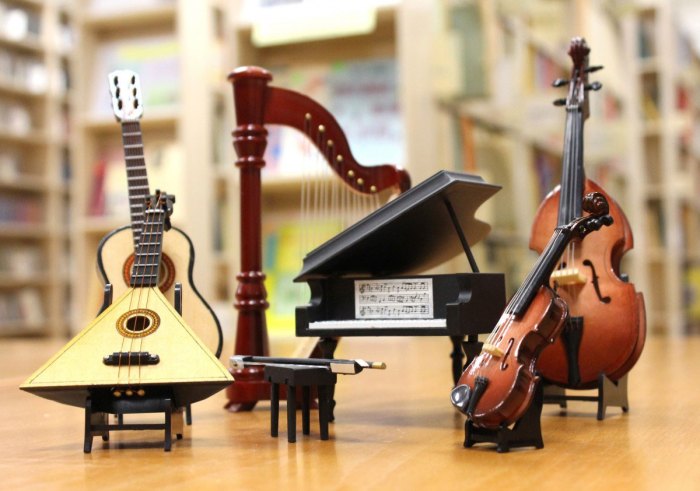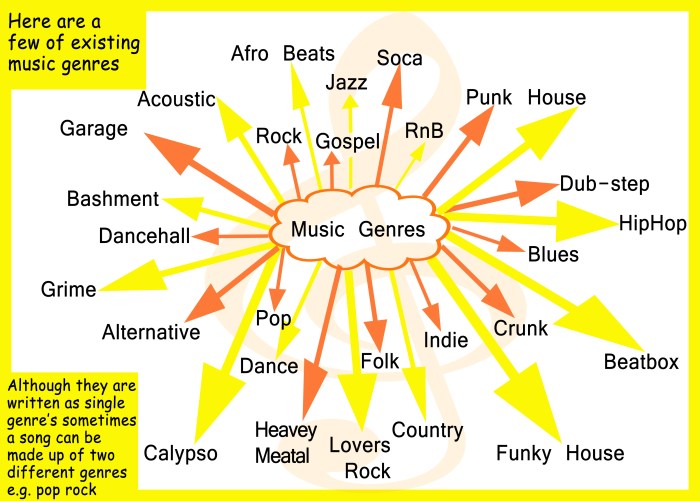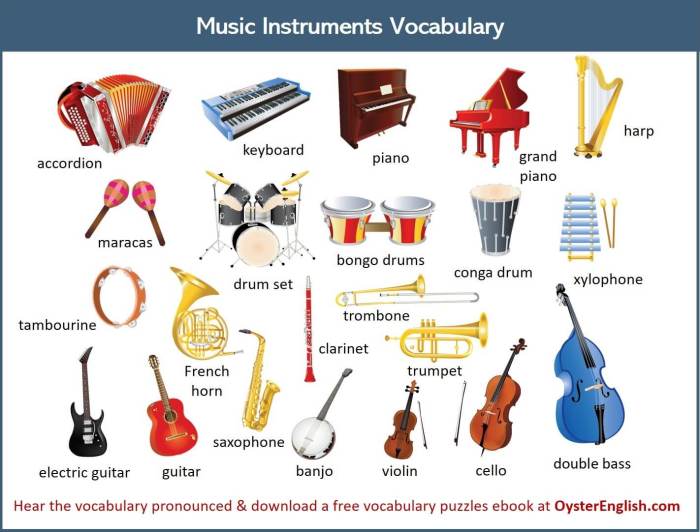Select all the ways that middle-class tastes influenced classical music. This topic explores the profound impact of the rising middle class on the development and dissemination of classical music. From shaping musical structure to influencing patronage and content, the middle class played a pivotal role in transforming classical music into a cultural force that transcended elite circles.
The influence of middle-class values on musical structure is evident in the increasing popularity of shorter, more accessible compositions. The rise of the middle class led to a demand for music that could be enjoyed in domestic settings, fostering the development of genres such as the symphony and the concerto.
The Influence of Middle-Class Values on Musical Structure

The rise of the middle class in the 18th and 19th centuries had a profound impact on classical music. Middle-class values and tastes shaped the structure, content, and patronage of classical music, leading to a shift away from the aristocratic and courtly music of the Baroque period towards a more accessible and domestic style.
Shorter, More Accessible Compositions
- Middle-class audiences preferred shorter, more concise compositions that could be easily understood and enjoyed in domestic settings.
- This led to the development of new musical forms, such as the symphony and the concerto, which were typically shorter and more structured than the complex suites and concertos of the Baroque era.
Music for Domestic Settings
- The middle class also demanded music that was suitable for domestic performance. This led to the rise of chamber music, which was designed to be played in smaller, more intimate settings such as salons and drawing rooms.
- Chamber music often featured lighter, more melodic textures and simpler harmonies than orchestral music, making it more accessible to amateur musicians.
Impact on Musical Forms
- Middle-class values also influenced the development of musical forms such as the symphony and the concerto. These forms became more structured and standardized, with clear divisions between movements and a more predictable harmonic progression.
- This made them more accessible to middle-class audiences who were not familiar with the complex contrapuntal textures and improvisational elements of Baroque music.
The Role of the Middle Class in Patronizing Classical Music

The middle class played a crucial role in supporting and promoting classical music. They formed music societies, funded concerts, and provided financial support to musicians and composers.
Middle-Class Organizations and Institutions
- Middle-class organizations such as the Philharmonic Society in London and the Gewandhaus Orchestra in Leipzig played a key role in promoting classical music.
- These organizations organized concerts, commissioned new works, and provided financial support to musicians.
Impact on Musical Education and Training
- The middle class also supported the development of musical education and training. They founded music schools and conservatories, which provided training for aspiring musicians.
- This led to a more professionalized and skilled workforce of musicians, which in turn raised the quality of classical music performance.
The Impact of Middle-Class Tastes on Musical Content

Middle-class values and beliefs also influenced the themes and subjects of classical music. Middle-class audiences preferred music that reflected their own aspirations and ideals.
Themes and Subjects
- Middle-class music often depicted scenes of domestic life, love, and nature.
- It also expressed themes of patriotism, civic virtue, and social justice.
Influence on Musical Genres
- Middle-class values also shaped the development of musical genres such as opera and ballet. These genres featured stories and characters that appealed to middle-class audiences.
- Opera, in particular, became a popular form of entertainment for the middle class, as it allowed them to experience the grandeur and spectacle of aristocratic entertainment in a more accessible setting.
The Diffusion of Classical Music to the Middle Class: Select All The Ways That Middle-class Tastes Influenced Classical Music.

The spread of classical music to the middle class was facilitated by a number of factors, including the development of technology and mass media.
Technology and Mass Media
- The invention of the piano and the gramophone made classical music more accessible to a wider audience.
- The rise of newspapers and magazines also helped to spread knowledge and appreciation of classical music among the middle class.
Impact on Musical Institutions and Organizations, Select all the ways that middle-class tastes influenced classical music.
- The diffusion of classical music to the middle class led to the development of new musical institutions and organizations.
- These included concert halls, music libraries, and music clubs, which provided opportunities for middle-class audiences to experience and enjoy classical music.
Answers to Common Questions
How did middle-class values influence the development of musical forms?
Middle-class preferences for shorter, more accessible compositions shaped the development of musical forms such as the symphony and the concerto, which were designed to be enjoyed in domestic settings.
What role did the middle class play in supporting classical music?
The middle class played a crucial role in supporting classical music through patronage, establishing organizations dedicated to its advancement, and influencing the development of musical education and training.
How did middle-class tastes impact the content of classical music?
Middle-class values and beliefs influenced the themes and subjects of classical music, reflecting their aspirations and ideals. This impact is evident in the development of genres such as opera and ballet, which appealed to middle-class sensibilities.